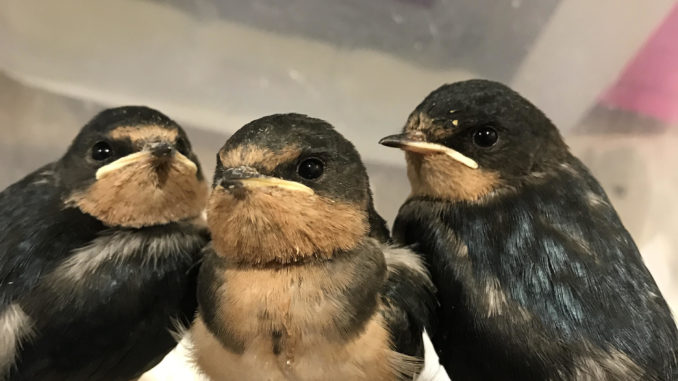
Matt Bartmann
[email protected]
“Suddenly, a loud, frantic quacking came from the other side of the lake.” Josh Traver was working in his first year as a wildlife rehabilitator when a call came in from the owners of a boat on Lake Loveland, not knowing what to do. There were seven baby ducks in the boat. Apparently, the mother had laid her eggs in the the boat, and when the ducklings hatched, they could not get out.
Traver, treasurer-board of directors for the Northern Colorado Wildlife Center, went to the scene and began gathering the ducklings into a carrier when “she flew right over my head and landed in the water a few feet from the boat, still quacking wildly.” Figuring this was the mother duck, Traver put the ducklings in the water, one by one, and watched them swim to their mom. Then the mother duck and all seven ducklings swam off in a row.
Most people in Larimer County love the outdoors and enjoy the wildlife they encounter. But sometimes animals get sick, injured, orphaned, or otherwise become unable to care for themselves. And currently, there is no facility in the area to help non-game animals. The last organization, WildKind, was attached to the Larimer County Humane Society (LCHS), and stopped providing wildlife rehab services several years ago. The LCHS no longer provides rehabilitation services for any wild animals.
Greenwood Wildlife Rehabilitation Center is an excellent facility near Longmont, but the 45-minute drive from Fort Collins is longer than many Larimer County residents are willing to take, and Greenwood does not have transportation resources for pickup and release. Plus, Greenwood is contractually obligated to treat wildlife found in Boulder County as a priority. They can and will accept animals from the surrounding area, but only if their resources can provide the necessary care; if they can’t, they must deny acceptance of animals from outside Boulder County. Also, Colorado Parks and Wildlife (CPW) requires that any rehabilitated animal be released within 10 miles of where it was found.
According to Traver of the Northern Colorado Wildlife Center (NCWC), “Mammals larger than a coyote are not generally rehabbed in Colorado, and require special licensing from CPW. The Rocky Mountain Raptor Program provides rehabilitation services for birds of prey.”
The service gap in Larimer and Weld Counties is with other animals, and the NCWC aims to provide for them. “There is no bird or mammal too small to rehab. Though I’ve never rehabbed a shrew, we do regularly rehab native mice and hummingbirds,” says Traver. “Even in their small size, they are still large enough for us to be able to feed and care for any injuries they may have.”
Filling the gap
Traver and a group of other Northern Colorado animal lovers founded the NCWC, a 501(c)(3) nonprofit organization, with the goal of filling that gap and providing rehab services similar to Greenwood, but with a location and focus on serving the Larimer and Weld Counties area.
They plan to help smaller mammals up to coyote size, including bats; birds, including waterfowl of any size; as well as reptiles and amphibians.
Education and community outreach are, and will continue to be, another focus of the organization. When asked about rehabilitating animals often considered to be pests, Traver says, “It has been our experience that a little bit of education about the animal and informing people about humane solutions can solve most conflicts and negative, preconceived stereotypes people have about certain species.”
The educational spectrum goes further, to include “hands-on training in the animal care field through a volunteer and internship program, as well as community outreach through events and lecture series.”
NCWC has an educational program in place now, but cannot accept animals at this time. The group has “hit the ground running” with fundraising efforts and is seeking donations in hopes of having a facility capable of animal rehabilitation “sooner than later.” Though many of the people involved with NCWC have connections to Greenwood, they are a completely separate organization, depending only on their independent funding sources. Information, phone and email contacts, and donation information can be found on their website at http://nocowildlife.org and on their Facebook page at https://facebook.com/nocowildlifecenter/
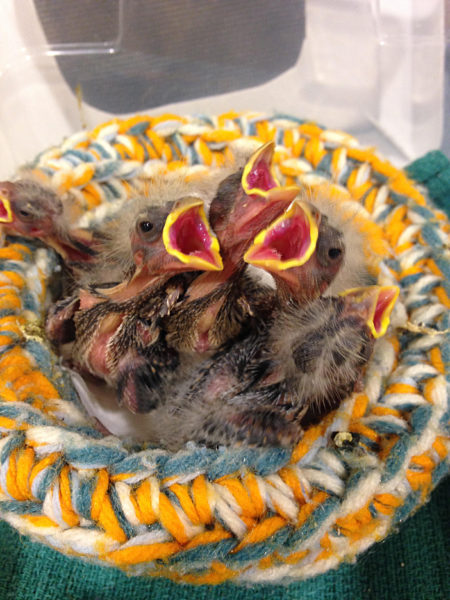
Baby bird siblings wait to be fed in their foster nest at a wildlife rehabilitation center.
Are You My Mother?
Are You My Mother? Many of us remember the beloved children’s book by P.D. Eastman about the baby bird who leaves its nest in search of its mother, asking along the way, “Are you my mother?” The baby bird encounters responses such as “No, I’m a hen,” or “No, I’m a dog,” and finally ends up in the bucket of a steam shovel. “Snort,” says the steam shovel, which carefully lifts the baby bird back to its nest. The bird’s mother returns with a tasty worm for the youngster.
May is the time of year that you might find a baby bird or animal, seemingly away from its home and abandoned or lost. Keep in mind that it is normal for baby animals to be left alone temporarily for short periods, and for fledgling birds to spend a few days on or near the ground—but mom will be nearby, just as with the ducklings trapped in the boat. Northern Colorado Wildlife Center’s Josh Traver advises: “Before doing anything, call a licensed wildlife rehabilitator. Describe the situation, and they will talk you through what to do, if anything. In many situations, the animal can simply be left alone.”
In the event that you find what you think is an orphaned animal, these organizations will be able to help:
Northern Colorado Wildlife Center: http://nocowildlife.org
Greenwood Wildlife Rehabilitation Center: (303) 823-8455 or http://greenwoodwildlife.org
Rocky Mountain Raptor Program: (970) 222-0322 or http://rmrp.org
Colorado Parks and Wildlife: (970) 472-4300 or http://cpw.state.co.us
Support Northern Colorado Journalism
Show your support for North Forty News by helping us produce more content. It's a kind and simple gesture that will help us continue to bring more content to you.
BONUS - Donors get a link in their receipt to sign up for our once-per-week instant text messaging alert. Get your e-copy of North Forty News the moment it is released!
Click to Donate

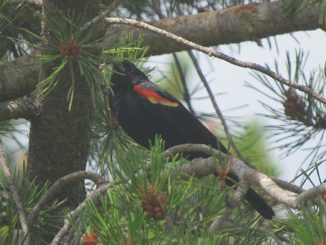
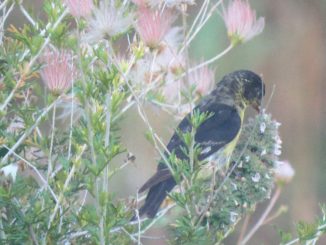
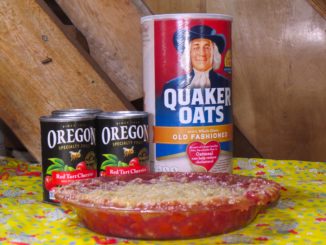
Thank you for this helpful information, its heartwarming to hear of a new wildlife rehabilitation center being created! I’m a volunteer with a nonprofit organization called Animal Help Now, and we appreciate all efforts to assist in wildlife emergencies and resolve wildlife conflicts humanely. There are a lot of wildlife professionals ready, willing and able to help. Use our free app to find them! It works anywhere in the country.